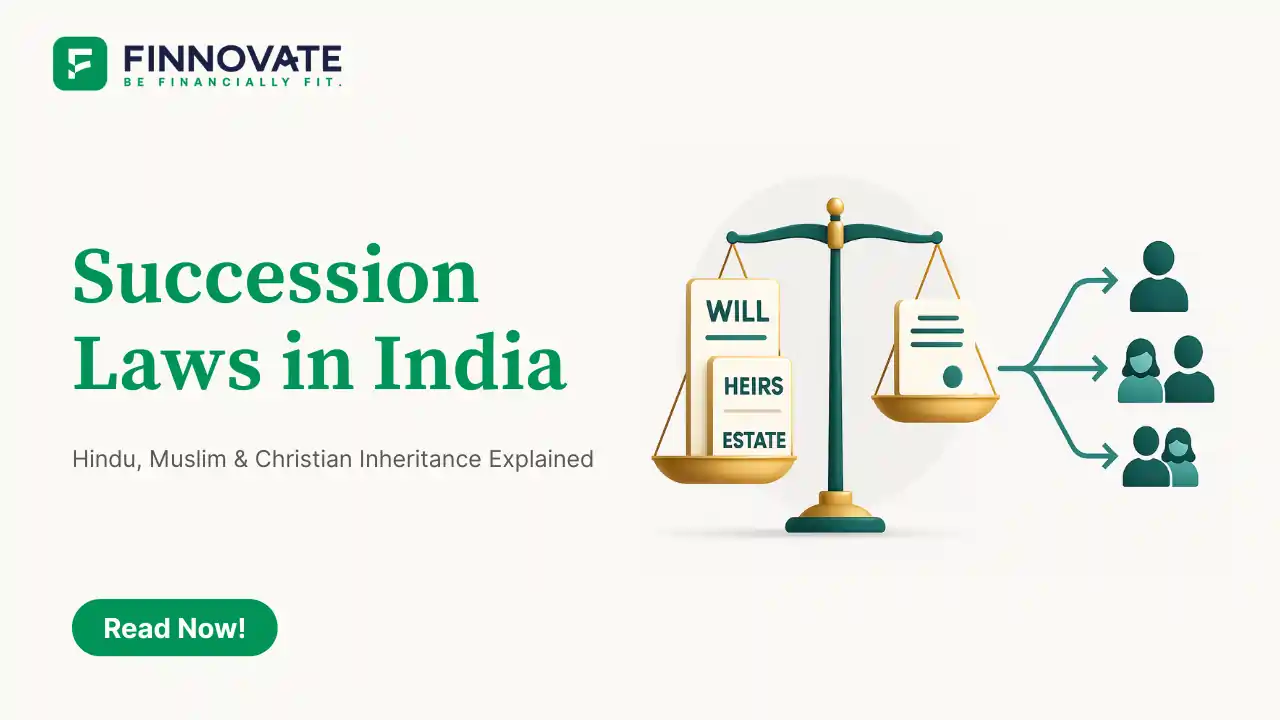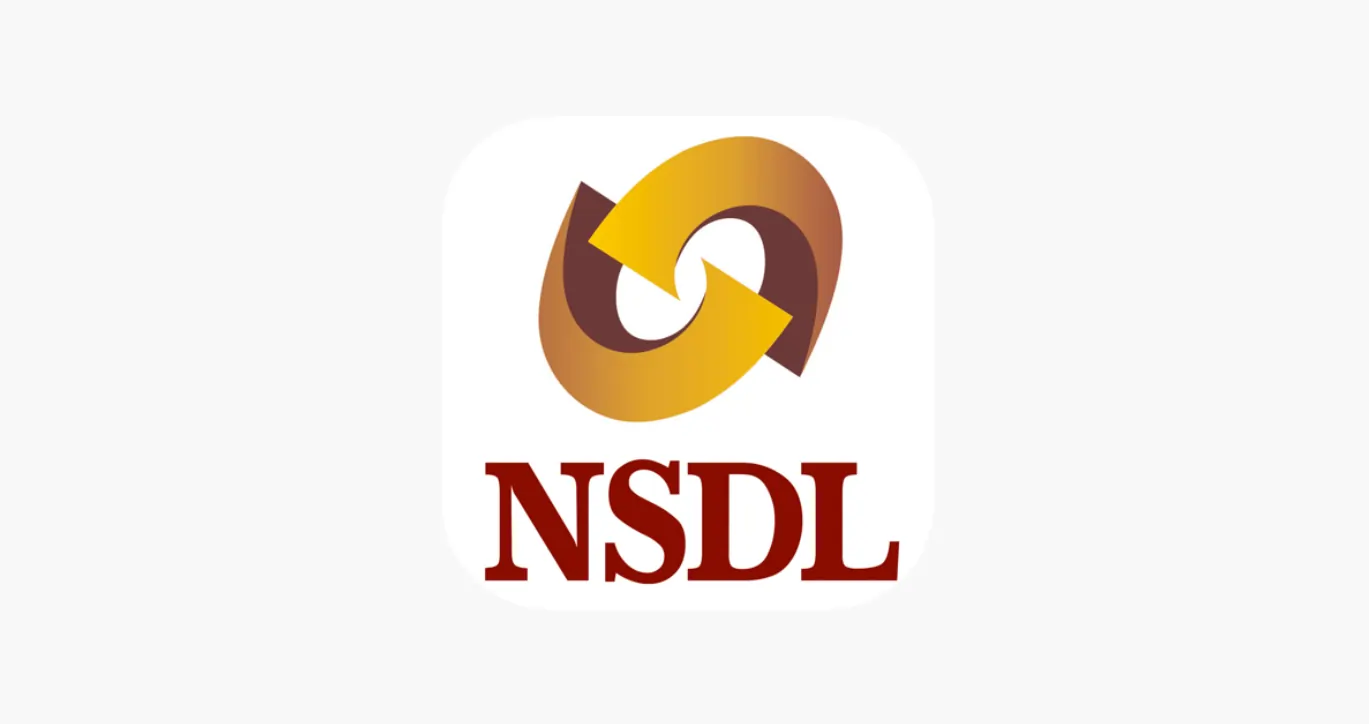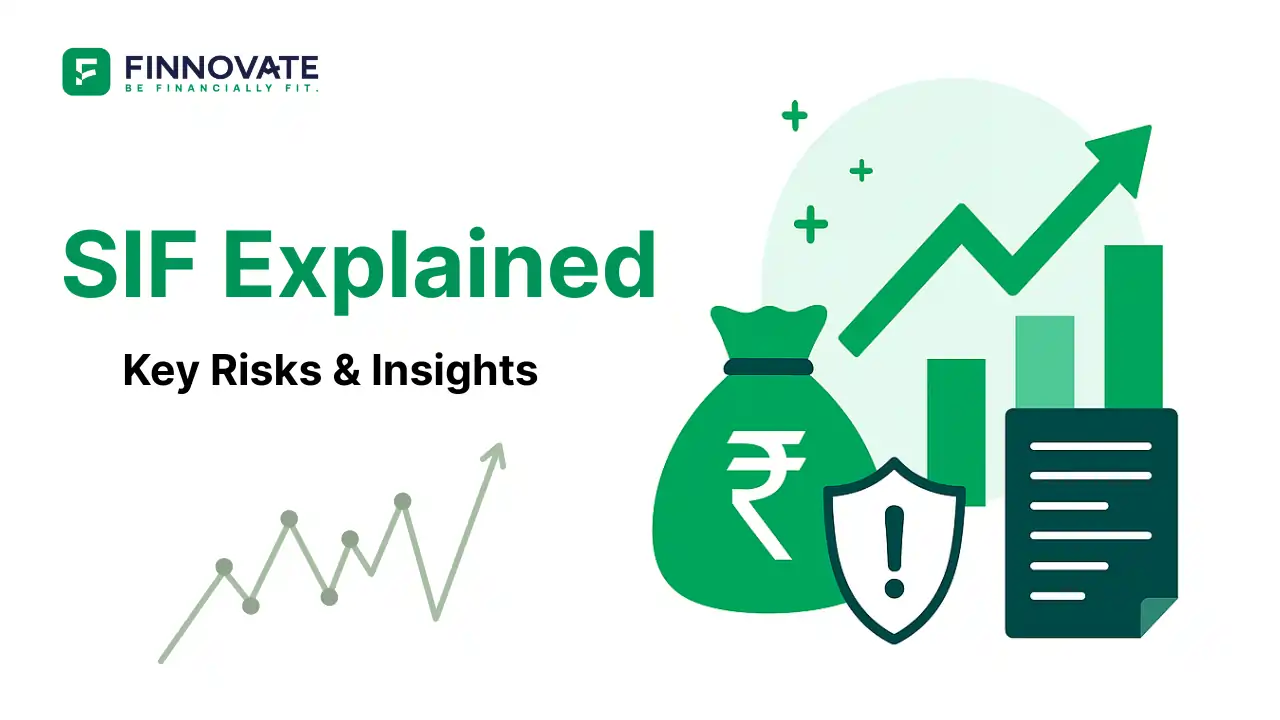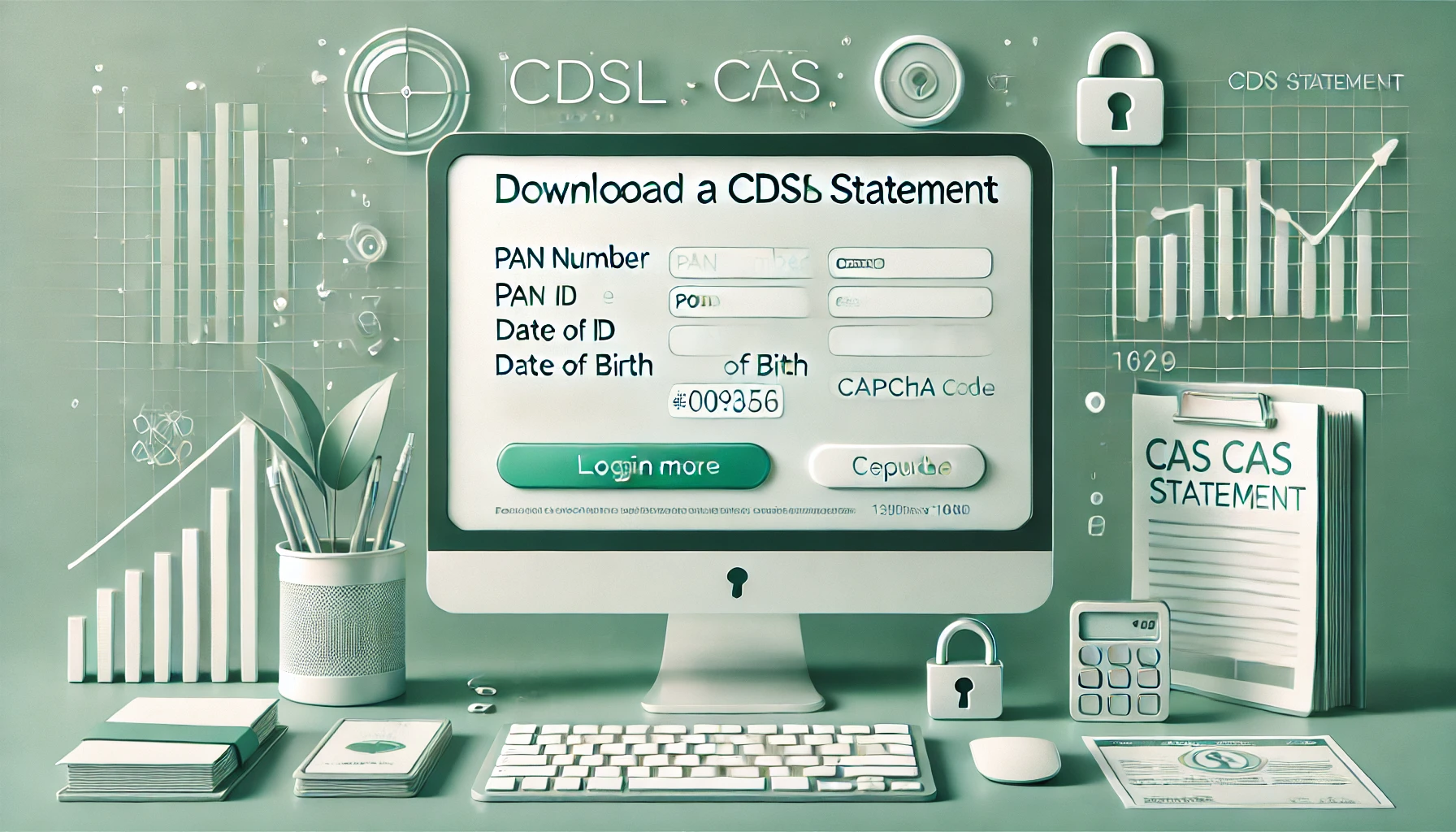
Succession Laws in India: Hindu, Muslim & Christian Inheritance Explained
Understand how inheritance works in India under Hindu, Muslim, and Christian laws - key di...
Transferring your assets is not just about ownership - it’s about timing, control, and intent. In India, three documents are commonly used for this purpose: Gift Deed, Settlement Deed, and Will.
While all three help transfer property or assets, they work very differently. The right choice depends on when you want the transfer to take effect and how much control you wish to retain. Let’s decode each and see when to use them.
A Will is a legal declaration of how your assets should be distributed after your death.
A Will is ideal if you want to maintain full control over your property while you’re alive and ensure an orderly distribution after your death.
A Gift Deed allows you to transfer ownership of an asset during your lifetime, voluntarily and without any payment or consideration.
Gift Deeds are commonly used to transfer property, shares, or money to family members out of love and affection - instantly, and without waiting for inheritance.
A Settlement Deed is also executed during one’s lifetime but is usually a more structured arrangement.
A Settlement Deed works best when you want to ensure smooth division of property among family members - while also protecting future interests.
The difference between a Gift Deed and a Will boils down to timing and control.
In short:
Gift Deed = Immediate, irrevocable, and suitable for living transfers.
Will = Future transfer after death, flexible and revocable.
While both are lifetime transfers, the underlying intention is different.
In short:
Gift Deed = Simple, unconditional, immediate.
Settlement Deed = Structured, conditional, purposeful.
This choice again depends on whether you want control during your lifetime or prefer your plan to take effect after your passing.
In short:
Settlement Deed = Lifetime distribution with conditions.
Will = Post-death distribution with flexibility.
Consulting a professional before execution helps avoid avoidable tax or legal complications later.
Estate planning is not one-size-fits-all. The right document depends on your intent, timing, and the level of control you wish to maintain.
At Finnovate, we help families and professionals choose between a Will, Gift Deed, or Settlement Deed to ensure their wealth transfer is tax-efficient, legally sound, and aligned with their goals.
| Document | When It Takes Effect | Revocable | Tax & Stamp Duty | Ideal Use |
|---|---|---|---|---|
| Will | After death | Yes | No tax; optional registration | Planned inheritance & control |
| Gift Deed | During lifetime | No | Tax-free if to relatives; state stamp duty | Immediate family transfer |
| Settlement Deed | During lifetime | Mostly No | State stamp duty; may involve conditions | Lifetime division with terms |
Estate Planning in India
Why You Need a Will in India (Nominee is Not Owner)
Nomination vs Will vs Joint Holding vs Power of Attorney: Complete Guide for Indian Investors
Disclaimer: This article is for education only and is not legal, tax, or investment advice. Please consult qualified professionals before making decisions.
Popular now

Learn how to easily download your NSDL CAS Statement in PDF format with our step-by-step g...

Explore what Specialised Investment Funds (SIFs) are, their benefits, taxation, minimum in...

Learn How to Download Your CDSL CAS Statement with our step-by-step guide. Easy instructio...

Looking for the best financial freedom books? Here’s a handpicked 2025 reading list with...